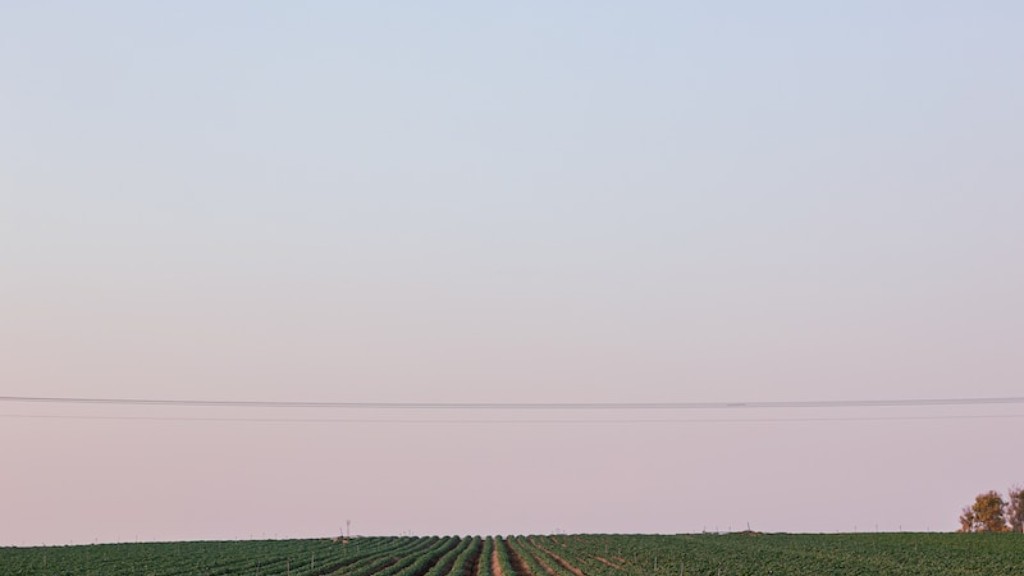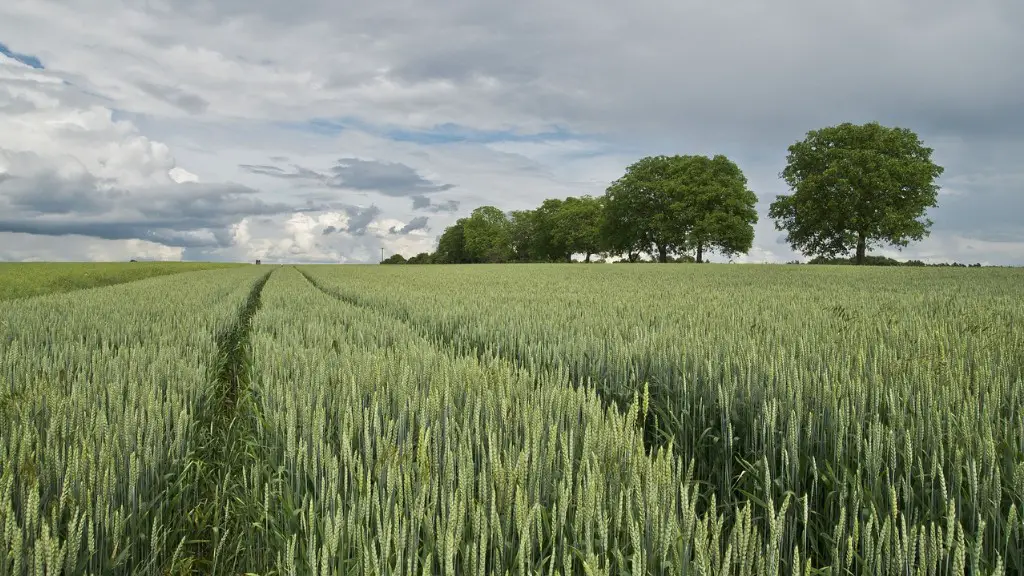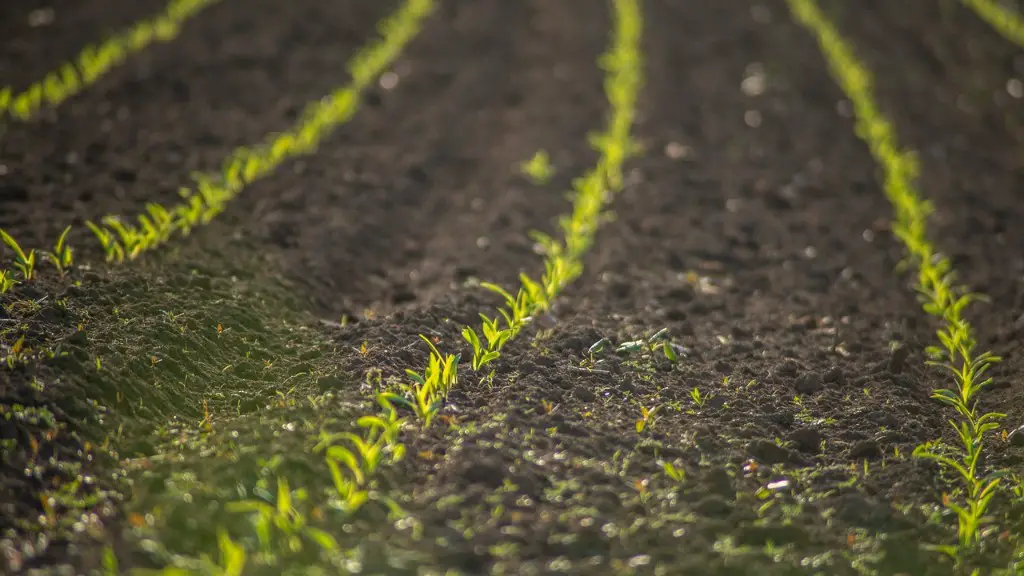Agriculture study is a broad field that covers the specific topics of crop and animal science, soil science, agronomy and food science. It focuses on understanding and applying the principles of the natural and physical sciences, economics and social sciences to identify, develop, manage and evaluate practices and technologies related to food, fiber, and energy production. Agriculture study involves the use of advanced technology and techniques to create a better, healthier and more sustainable production of food and fiber. Through the use of agricultural techniques and the study of the natural and physical sciences, agriculture students learn a variety of skills in the production of food, fiber, and energy.
Agriculture students can expect to develop an understanding of the agricultural principles and disciplines – including economics, biology and engineering. They will learn about crop and soil management, fertilizer and feed formulation, sustainable production systems and pest control strategies. Students will also learn about water resources management and crop protection. Students may also be required to participate in field experiences and internships.
Agricultural courses are often team-taught by faculty from different disciplines. Courses may be divided into two main areas – classroom instruction and hands-on experience. Classroom instruction usually includes lectures, debates and group projects, while hands-on experience focuses on research projects, field trips, internships and seminars. Students may also be required to complete lab work and conduct research.
After completing an agriculture study program, students can pursue a career in food production, environmental sciences, animal husbandry, plant science or agricultural economics. They may also pursue entrepreneurial opportunities. It is important for an agriculture student to be organized, have good interpersonal skills and be able to think critically and creatively. Many colleges and universities also offer agricultural study programs that can be completed online.
Crop Science
Crop science focuses on the genetic, developmental and physiological aspects of crops and their related management. Students of crop science study the science of plant growth, development, nutrition and management. This includes the management of terpenes, weeds, insects and the genetics of plants. Crop science students may also study topics related to seed technology and crop protection. Crop science students can pursue careers in crop research, seed technology, cropping systems and land management.
Animal Science
Animal science focuses on the genetic and physiological aspects of animals and their related management. It is a comprehensive field of study that includes breeding, nutrition, reproduction management, behavior, environmental health and resource management. Animal science students learn about the behavior and welfare of domestic animals, the genetics of animal production systems, the physiology and nutritional needs of animals and the management of animal health. Animal science students may also specialize in areas such as dairy, poultry and aquaculture.
Soil Science
Soil science focuses on the chemical, physical, biological and mineralogical properties of soil and its use in agriculture. It also includes the study of soil management, soil fertility, soil erosion and conservation. Soil science students learn about the physical and chemical characteristics of different soils, their fertility and their use in crop production. Students may also learn about soil management strategies, soil conservation and soil fertility management.
Agronomy
Agronomy is the study of the application of biological, physical and chemical processes to crop growth, development and management. Agronomy students learn about the principles of agronomic principles and technologies for crop production and resource management. They may also explore topics such as crop production, pest management, crop-soil interaction, crop stress management and crop yields.
Food Science
Food science focuses on the chemical, biological and physical properties of food. Students learn about food additives, flavors, colors, fortification and how food components interact. They may also explore the science behind food preservation, food safety, nutrition and food resources. Food science students may also learn about food engineering and technology.
Economics & Social Sciences
Students of agricultural economics and social sciences are introduced to the basics of economics, resource management and social sciences. They may also explore topics related to marketing and pricing, resource constraint animal husbandry and socio-cultural issues. Students may also choose to specialize in areas such as rural development, agricultural policy and international trade.
Biotechnology & Plant Genetics
Biotechnology is the application of scientific methods and organisms to modify the characteristics of plants and animals. Plant genetics is the study of the genetic makeup of plants and the processes by which traits are passed from one generation to the next. Students learn about the fundamentals of biotechnology and plant genetics, such as biotechnology, genetic engineering and crop breeding. They may also explore topics related to biomass energy production, biological pest control and sustainable agriculture.


